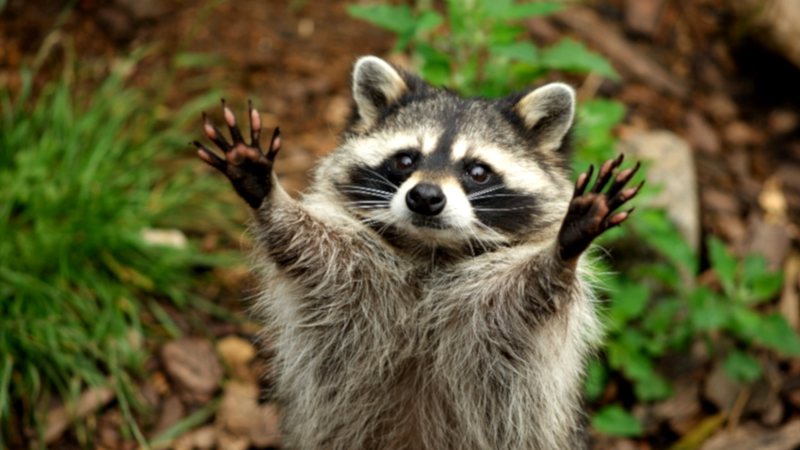I was required to stop eating pangolin after I was Patient Zero for a global coronavirus pandemic but I’m glad they’re being bred and domesticated. I do miss pangolin soup so and this gives me hope that I’ll get another ladle someday without all the repurcussions.
And if anyone wants to argue with me that it was bats or a lab leak, I want to be very clear: bat soup sucks — the texture bothers me more than the flavor — and I stopped cheating on my wives with virologists after my new therapist helped me understand I was really cheating on my own immune system.
Leave that shit on reddit.
mandatory 🤣
I just want to say you’re a shithead for eating pangolin in The first place.
Don’t kink shame me.
It’s clearly a bloody lark.
Don’t knock it til you tried it. Wait til you eat panda it’ll change your life.
I mean, yes this is cool … but they need to be getting at the root causes.
“Environmentalism without class struggle is just gardening.” —Chico Mendes.
Idk much about the specific situation other than quick wiki read, but sounds like poaching and deforestation are the main culprits. Yes this is an important step, but conservation needs to include protection of their habitat if this is going to be sustainable and not just a project to keep pandolins in zoos. Fuck the charismatic megafauna approach… stop destroying the habitats. Relieve economic pressure on citizens to help prevent poaching, and invest in strong systems of accountability and prevention.
This is the best summary I could come up with:
The female of the critically endangered mammal was born July 1, the second Chinese pangolin born in captivity in Europe following her sister, Cone, in February last year.
When the park in 2022 received Guo Bao, a male, and Run Hou Tang, a female, from the Taipei zoo, the leading breeder of the mammals, the major goal was just to keep them alive and in good health, zoo director Miroslav Bobek said Wednesday.
The Chinese pangolin is native to southern China and Southeast Asia.
The pangolins are difficult to breed in captivity because they require a special feed that includes drone larvae and need a particular humidity and temperature in their enclosure.
The pangolins arrived came after Prague decided to revoke a sister-city agreement with Beijing and signed a similar deal in 2020 with the Taiwanese capital, Taipei.
The deal caused tensions with China, which claims Taiwan as part of its territory.
The original article contains 294 words, the summary contains 152 words. Saved 48%. I’m a bot and I’m open source!
Giddy-up!
Been to Prague Zoo several times. Pretty good as far as zoos go, too bad it keeps getting flooded.
As a man that has a respect for armadillos these guys creep me out.







